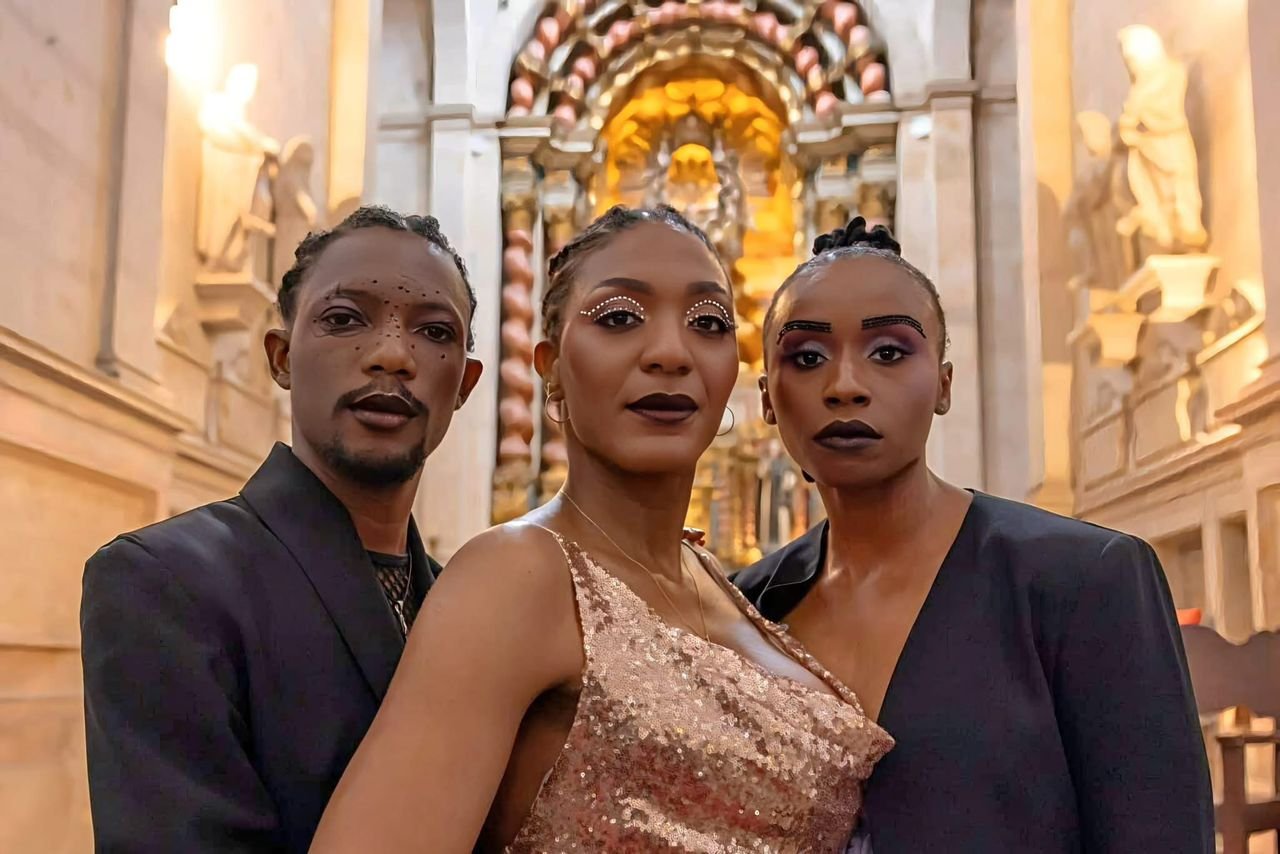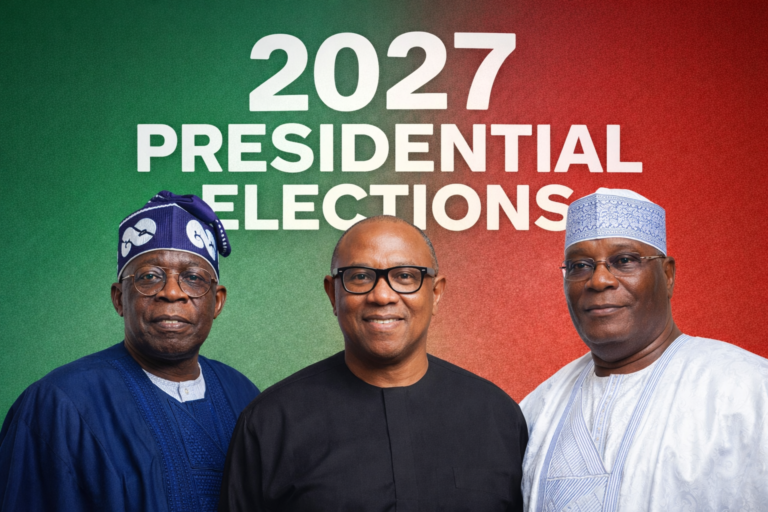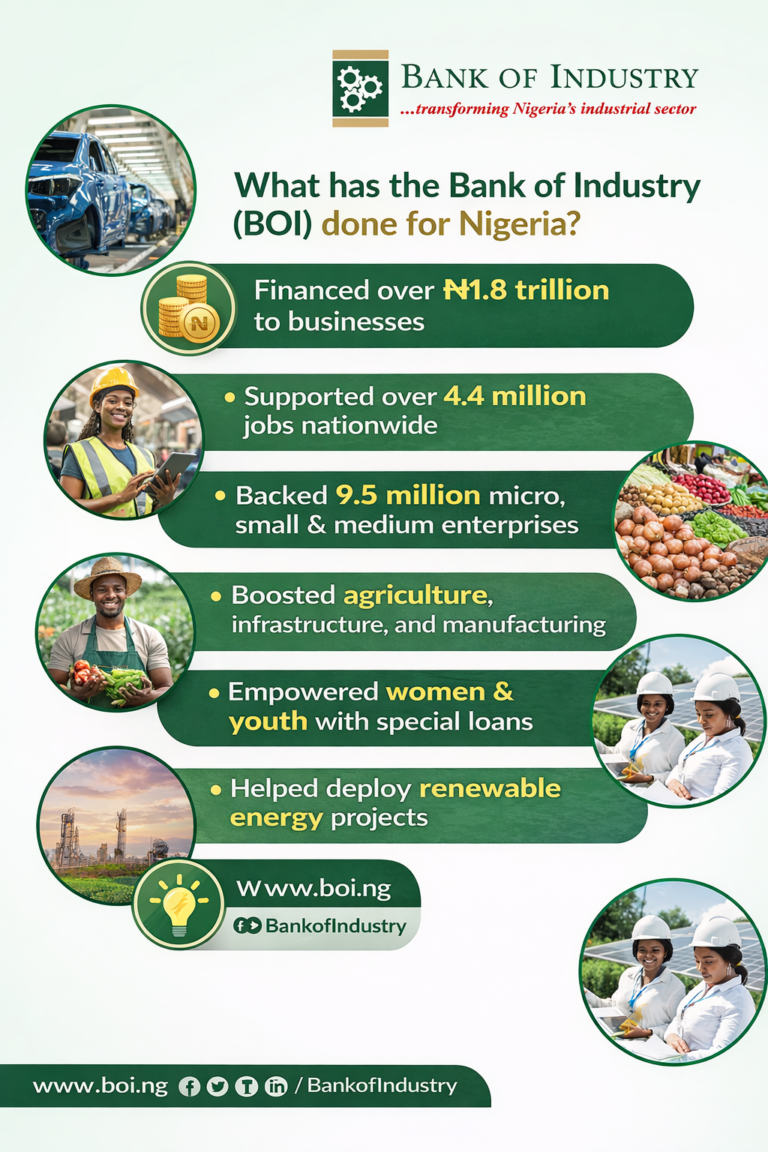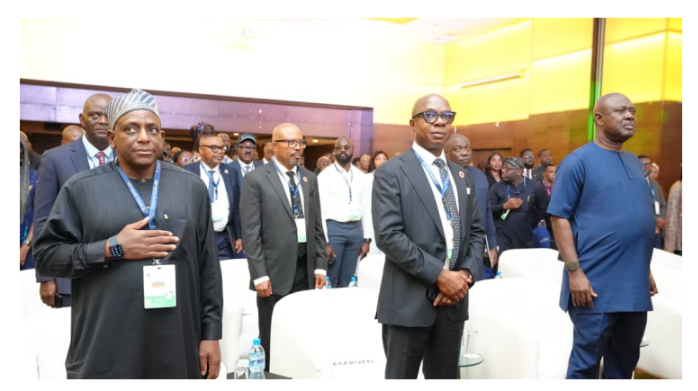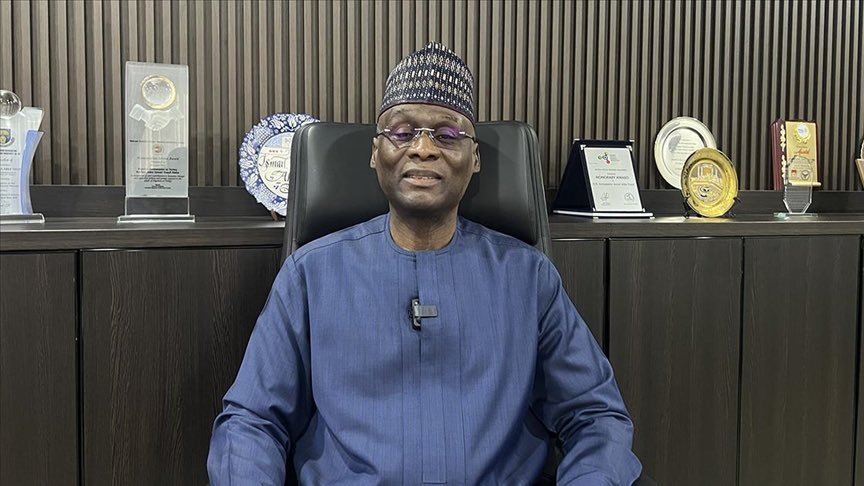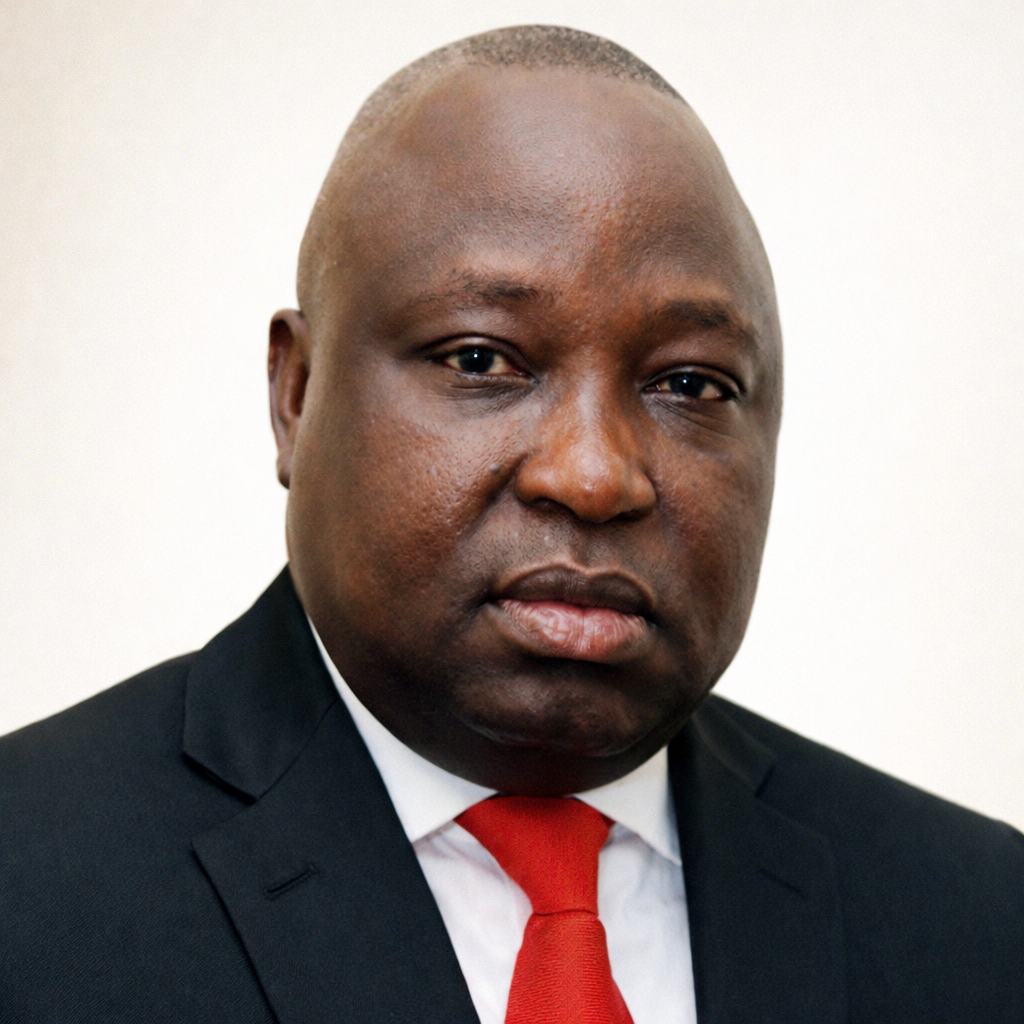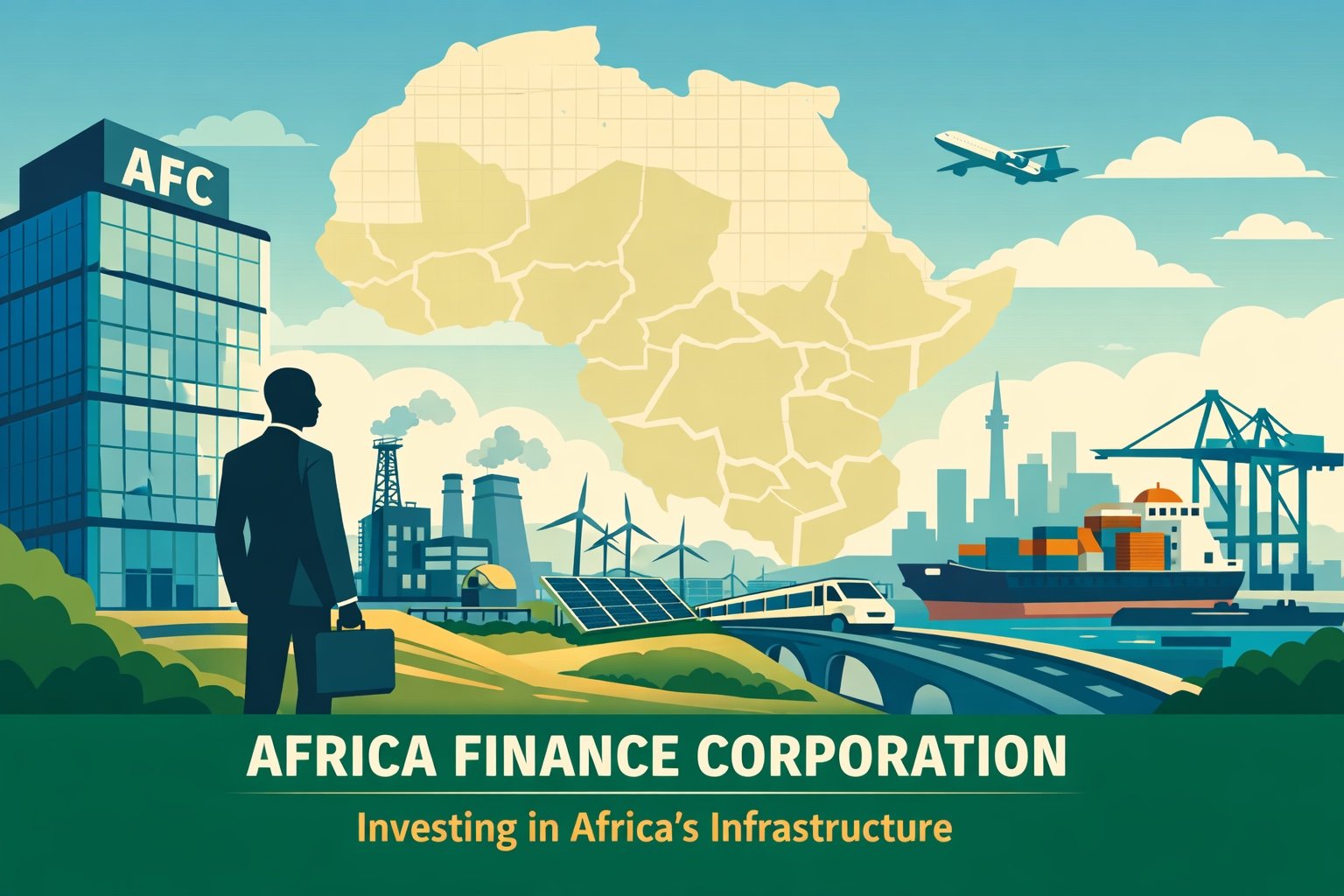A public Facebook post by Lagos-based public relations consultant Akin Adeoya has added a new dimension to the fast-moving scandal around Ezra Olubi, co-founder and Chief Technology Officer of African fintech unicorn Paystack.
Olubi was recently suspended by Paystack following the circulation of deeply troubling allegations online — ranging from inappropriate workplace conduct to a transatlantic sexual controversy. The details remain unverified, but the intensity of the scandal has triggered open debates about power, personal identity, and the limits of unconventional lifestyles in Nigeria’s still-conservative social ecosystem.
Adeoya’s commentary — titled “The Fall of ‘God’ Ezra” — goes beyond the headlines. It situates the scandal within a much larger cultural and generational context: the collision between Africa’s fast-growing tech elite and a society still negotiating what to accept, what to tolerate, and what to reject outright.
A Personality Built for Provocation
Adeoya describes Olubi as a “truly aberrant personality” — a figure whose public image has always been exaggerated, theatrical, even intentionally provocative.
Olubi, known for his distinctive fashion and self-stylisation (including wearing an inverted cross pendant and occasionally referring to himself online as “God”), has long presented himself as an uber iconoclast in an industry with many big egos with mega bucks spotting dreadlocks.
But this image, Adeoya argues, also created vulnerabilities.
His flamboyance — once seen as harmless eccentricity — has now become part of a broader narrative of recklessness and excess being constructed around him online.
A Trap or a Fall? Competing Interpretations
While acknowledging that Olubi “may well be guilty of something,” Adeoya pushes back against what he sees as an oversimplified online narrative.
He argues that the tech founder may also be a victim of manipulation, particularly in the sexual controversy at the heart of the scandal.
According to him, Olubi “walked into a trap with his eyes wide open,” manipulated by “a conniving and manipulative individual who knew what she wanted but never truthfully communicated her intentions.”
This framing — suggesting both personal responsibility and victimhood — is already sparking debate.
Some readers see Adeoya’s interpretation as an attempt to humanise a prominent figure caught in an online firestorm; others view it as overly sympathetic in a situation still clouded by allegations.
An Industry Still Learning How to Handle Scandal
If Paystack’s suspension of its CTO was intended to restore confidence, it has instead opened up wider questions:
How should African tech companies manage personal scandals involving founders or senior executives?
Where is the boundary between a private lifestyle and behaviour that jeopardises company culture?
What does accountability look like in an industry that has produced billion-dollar valuations but still lacks mature governance standards?
Adeoya calls the crisis “a teachable moment in the history of the evolution of modern unconventional relationships,” suggesting that Nigeria’s tech ecosystem is being forced to confront cultural dynamics far outside its traditional boardroom concerns.
This scandal, he implies, is not just about one man — but about an entire industry’s encounter with a new kind of reputational risk.
A Mirror to Society
Beyond the corporate angle, the scandal is also a miniature reflection of Nigeria’s ongoing cultural clash:
a tech generation that is globally connected, sexually liberated, and expressive in ways that often collide with a conservative social order.
Adeoya’s post insists that Nigeria must understand the complexity of these modern identity expressions, even while insisting on ethics and responsibility.
Yet the overwhelming public reaction — intense, moralistic, highly gendered, and often hostile — shows how emotionally charged this cultural terrain remains.
Ezra is Facing a Mirage
For Paystack, the damage-control process has only just begun. For Olubi, the future is far more uncertain.
But for the Nigerian public, Adeoya’s intervention reframes the entire episode as more than a scandal. It is a moment of cultural self-interrogation — about power, personal expression, digital vulnerability, and the fragile reputations of the country’s celebrated tech elite.
Whether this becomes a long-term cautionary tale or a temporary flare-up will depend on the next moves by Paystack, law-enforcement authorities (if they become involved), and Olubi himself.
For now, “the Fall of ‘God’ Ezra” remains a narrative still unfolding — and one that reveals as much about Nigeria as it does about the man at the centre of it.


